News
The obstacles to local production and access to treatment in Africa
Access to proper medicine is a major challenge for African countries. While the global market is mature and highly profitable, the African Continent has been left far behind despite enormous needs and...
Published on
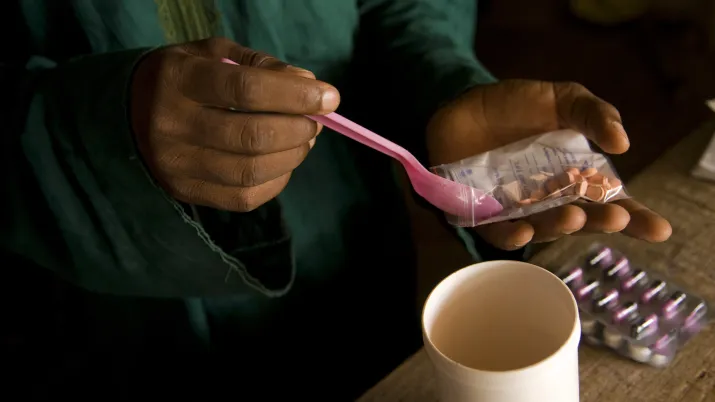
Agri-businesses must act in a sustainable manner to develop African agriculture
The urgent need to develop African agriculture is hardly breaking news however current climate and environmental challenges have now pushed new priorities to the fore. Maintaining African smallholder...
Published on
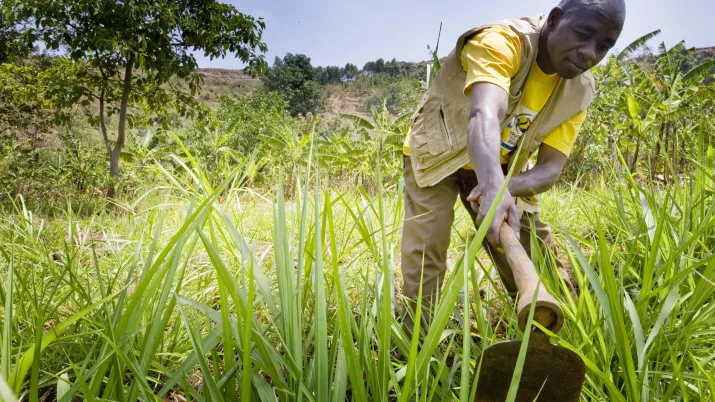
Access to quality seeds: the example of local seed ventures in Malawi
For Sub-Saharan African smallholder farmers, poor harvests can frequently be attributed largely to poor quality seed. But providing varied, high-quality seed is one of the most efficient and cost-effe...
Published on

The private sector and pharmaceutical industry in Africa
Providing access to quality medicines still poses a number of challenges in Africa. Distribution channels are often fragmented, with a large number of intermediaries or parallel channels, which often...
Published on
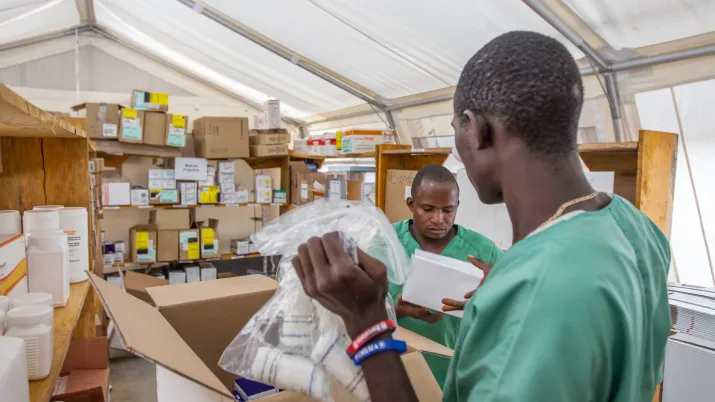
In Rwanda, “hospitals can now use RapidSMS data to get ready for new arrivals!”
The RapidSMS telemedecine platform makes it possible for Community Health Workers (CHWs) to share data: between 2009 and 2015, it helped to save the lives of around 590,000 new-born babies and it has...
Published on
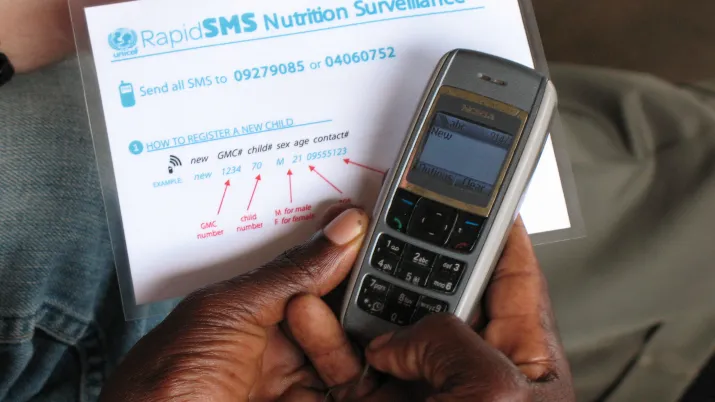
Public infrastructure: a key driver in supporting private players
In situations of vulnerability and crisis, investment in infrastructure by international development institutions can provide a solid base to support the recovery and reconstruction of a State.
Published on
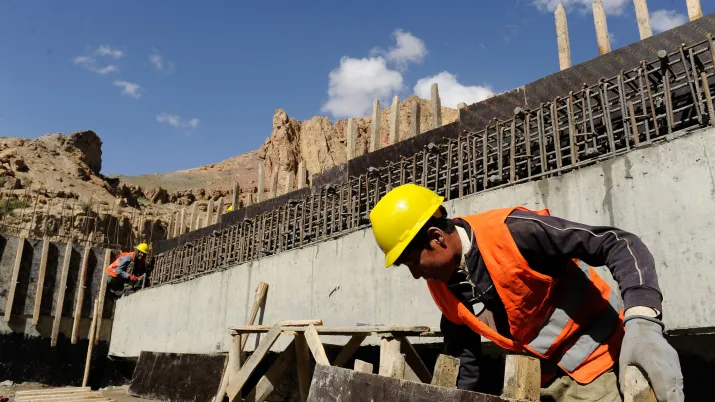
Socolait: using counter-cyclical investment to emerge stronger from a crisis
By investing in plant renovation and new products, restructuring its distribution system and deploying a local milk collection network, the Malagasy agri-food operator Socolait has managed to contend...
Published on

What tools to finance the private sector in fragile states? The experience of the International Finance Corpor...
Over half of the world’s poor will be living in fragile and conflict-affected situations by 2030. Addressing the challenges of poverty and human development is impossible without taking into account t...
Published on
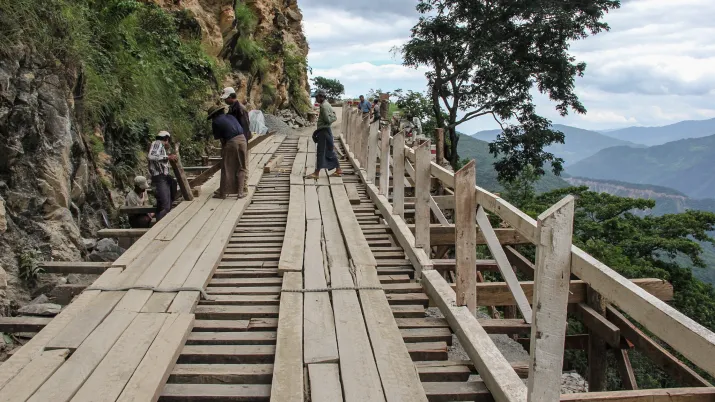
The need for corporate human rights risk management in fragile contexts
Companies that operate in or are connected to fragile contexts – and the financiers that back tem- need to have a strong understanding of the risks to people that those companies’ operations may pose....
Published on
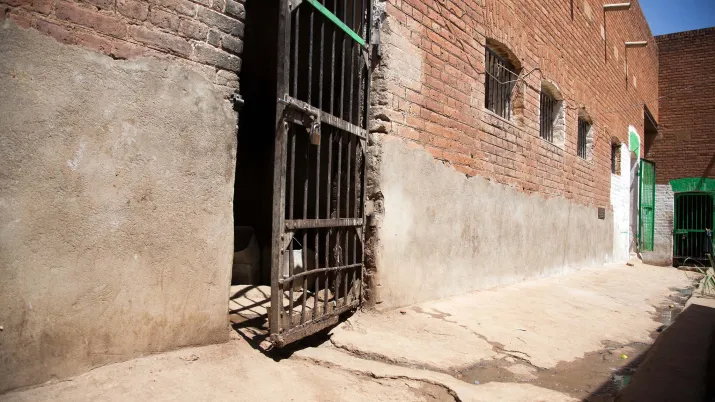
Currency derivatives: tools for the most fragile economies
By offering currency derivatives on emerging markets, TCX absorbs the risk related to currency fluctuations and allows the economy to be financed in local currency. This can be essential in the event...
Published on

The private sector in the midst of crisis situations and economic vulnerability
The private sector is present in most crisis situations that hit fragile countries. To act in an effective manner in such circumstances, development professionals need to juggle between different time...
Published on
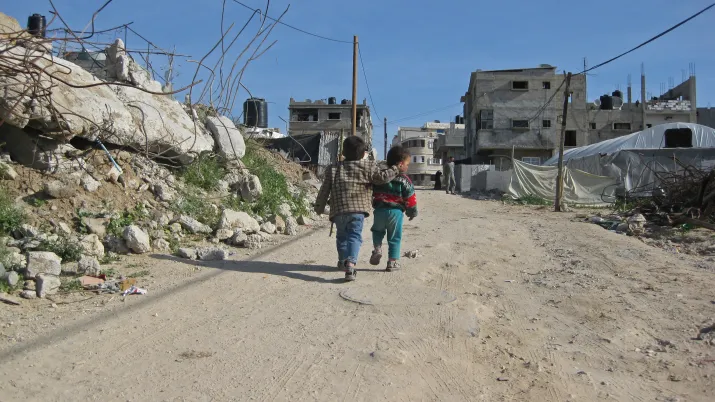
What role for the private sector in developing a digital Africa?
The spread of digital technology has been one of the most striking African success stories over the past 15 years and although the public sector has made an important contribution (e.g., funding of un...
Published on
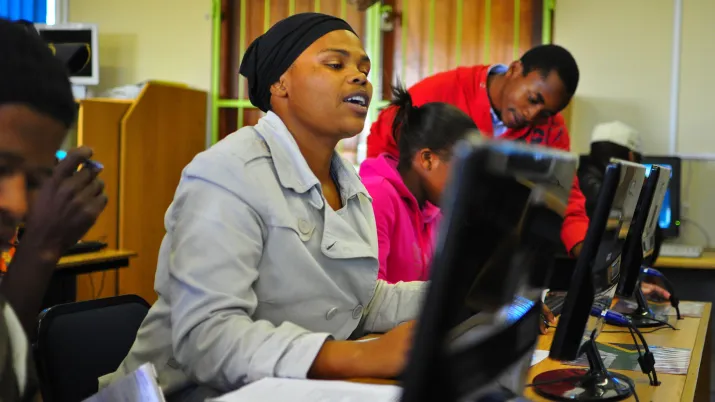
Growth in containerisation signals a modernisation of African ports
Port logistics in Africa are rapidly shifting from conventional transport to containerisation. A number of modernisation projects are under way at existing ports, and new infrastructure is emerging. W...
Published on
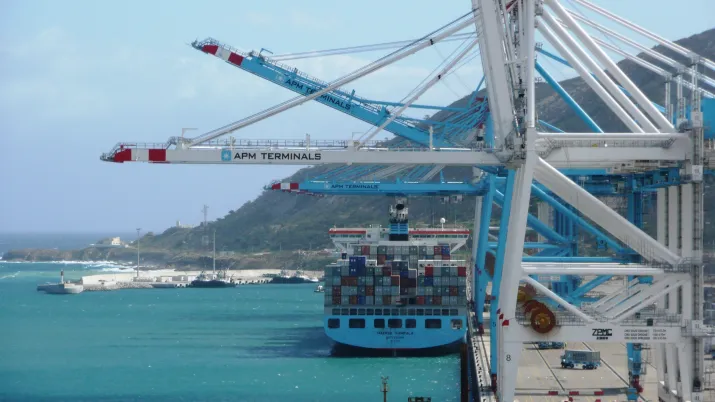
Extreme urgency : opening up the continent of Africa
PORTS-AIRPORTS-ROADS AND RAILWAYS: LINKING UP DIFFERENT STATES
Published on
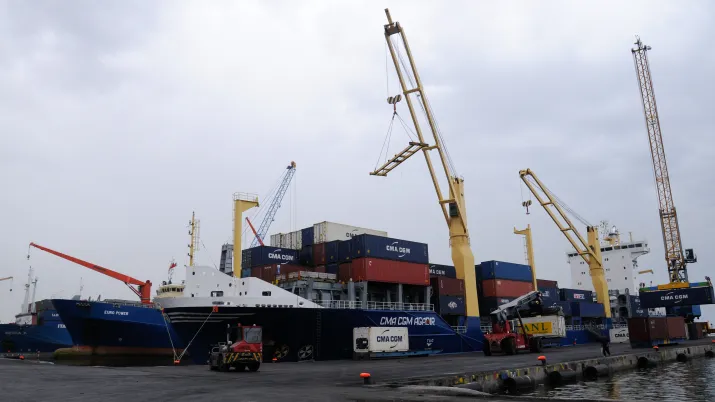
Becoming a “green port” in Africa
Port authorities have a number of levers at their disposal to pursue a “green port” model: contracting taxation, environmental certification and the adoption of international standards. However, while...
Published on
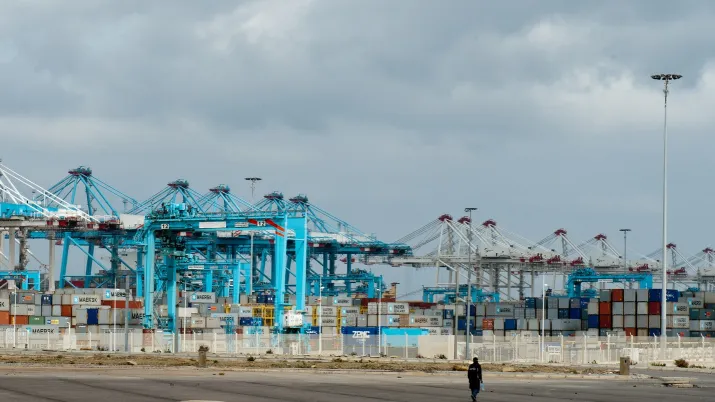
Integrating African ports into international commercial flows: strengths and weaknesses
Increased containerisation of trade, changing infrastructure and more and more mammoth projects... for the past 20 years, African ports have enjoyed huge momentum. But the obstacles hampering developm...
Published on
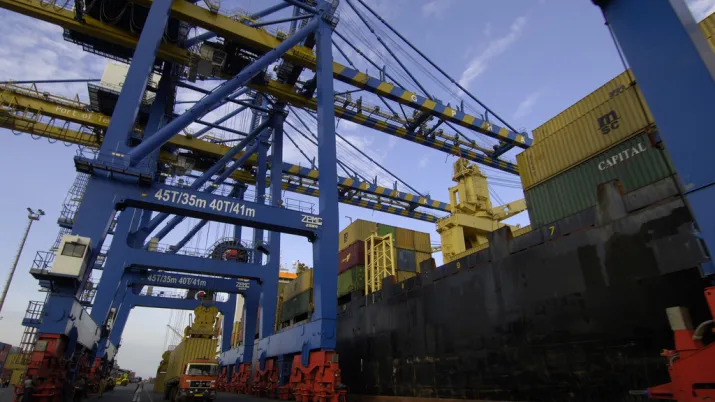
Legal instruments to support the development of African ports
Governed chiefly by concession and permit agreements, the legal instruments underpinning public-private partnerships (PPP) in the African port sector are often inappropriate. These need to change in o...
Published on
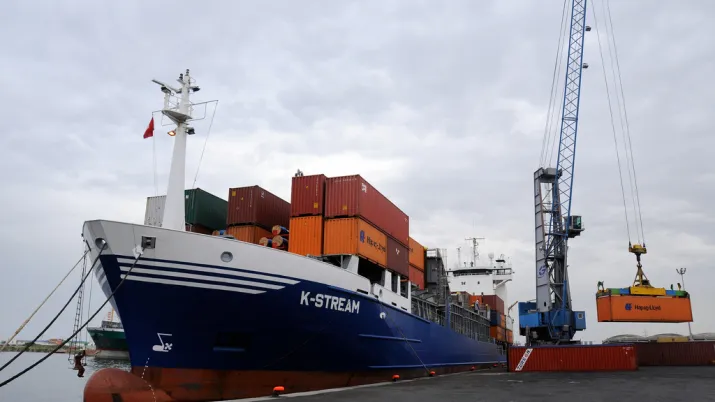
Good links to the hinterland: the key to efficient overland transport
Good links between ports and their hinterland is one of the key catalysts driving growth and opening up different regions of Africa. Rail and roads – with all their respective advantages – compete to...
Published on
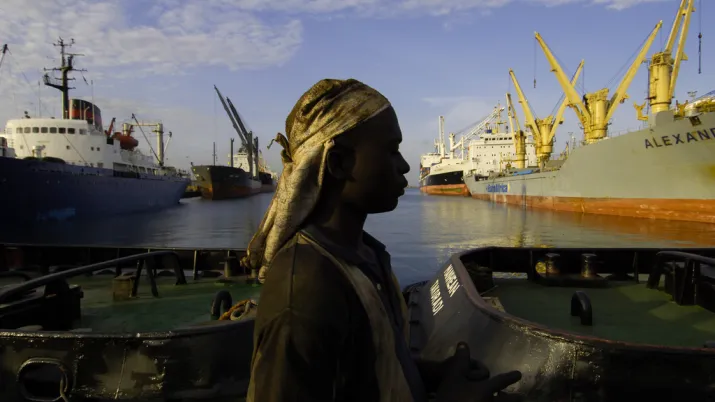
Freight: the African bet
Major shippers are increasingly turning to Africa to avoid fierce competition on more traditional routes. However, as freight volumes are still too low, overcapacity is a constant problem.
Published on
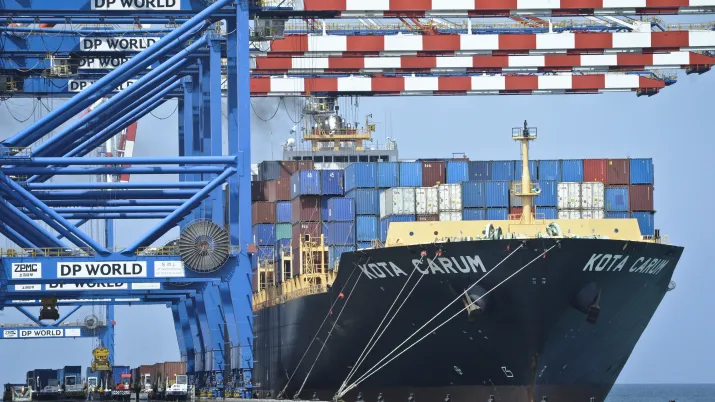
Saving the Ganges: the vital changes needed in institutional and business models
While pollution of the Ganges appears to be an insoluble problem, demand for water – driven mainly by farming – is actually drying out certain sections of the river. Solutions exist but they require a...
Published on

